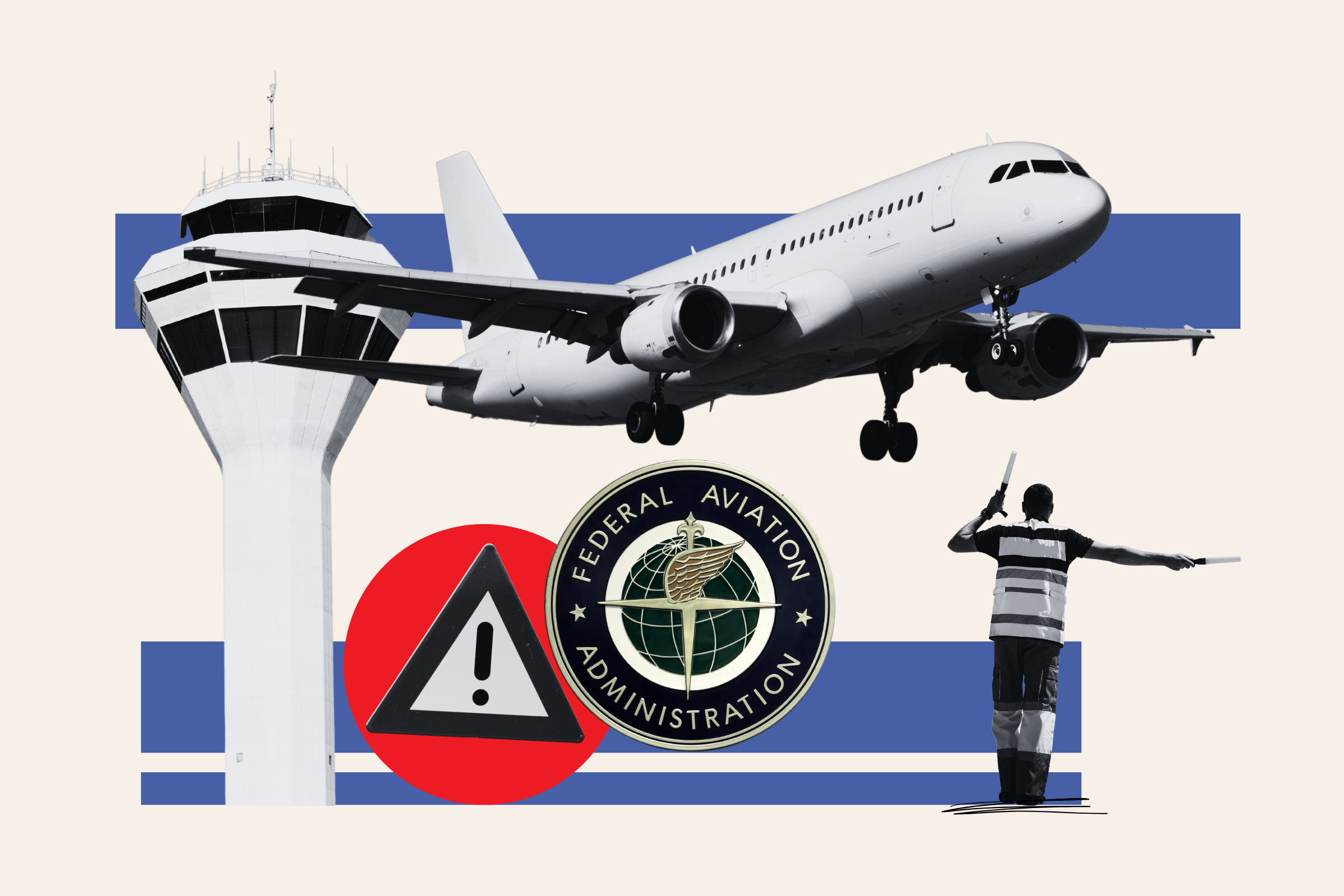
Submitted by a DBUNK subscriber for verification. You too can submit fact-check requests for free, and we’ll investigate and publish the results.
Following the tragic aviation accident on January 29, Newsweek published an article titled “FAA’s Staffing Troubles Make Flying More Dangerous, Controllers Say.” The article suggests that persistent staffing shortages at the Federal Aviation Administration (FAA) are significantly increasing risks in air travel. But is flying in the U.S. truly becoming more hazardous due to controller shortages? We analyzed the claims, and here’s what we found.
MISLEADING CLAIMS ON SAFETY AND STAFFING
The article heavily implies that FAA staffing shortages directly contribute to higher risks while failing to contextualize critical aviation safety data. The U.S. still maintains one of the world’s safest airspaces, with only one major commercial aviation fatality in the past two decades. The suggestion that air travel is “teetering on the edge of disaster” lacks supporting evidence and exaggerates the risk without data to back up that claim.

SPECULATIVE CONNECTION TO DISASTER
The article discusses the recent American Airlines Flight 5342 crash but concedes that it remains unclear whether staffing played a role in the incident. Despite this admission, the piece continues to frame staffing shortages as a primary safety concern. Without an official investigation linking controller shortages to the accident, this framing misleads readers into assuming causation without evidence.
SALARY COMPARISONS LACKING CONTEXT
One of the controversial claims in the article involves the pay of air traffic controllers. While it correctly cites the median salary of controllers ($137,380) compared to pilots ($219,140), it lacks full context. Air traffic controllers also receive generous retirement benefits, early retirement eligibility (age 50), and overtime pay that can boost total earnings. The omission of these factors paints an incomplete picture of compensation disparities.
IS FAA DIVERSITY HIRING IMPACTING STAFFING?
Former President Donald Trump’s claim that diversity hiring contributed to the staffing crisis is included in the article, but no supporting evidence is provided. One controller suggests military veterans were allegedly excluded from some hiring pools, yet admits that all controllers meet rigorous training standards. The article neither provides data to support Trump’s assumption nor clarifies that FAA staffing shortages predate diversity policies—making this claim lack necessary context.

FACT CHECK SUMMARY
The Newsweek article relies on anonymous sources and speculation to suggest air travel is becoming more dangerous due to FAA staffing shortages. However, it does not present conclusive data to support this assertion, leaving readers with an exaggerated impression of risk. Furthermore, its mention of diversity hiring in relation to staffing problems lacks factual backing. While controller shortages are a known issue, the connection to flight safety remains unclear without concrete evidence.
FINAL VERDICT: MISLEADING
While FAA staffing issues persist, air travel remains exceptionally safe, and dramatic claims of imminent disaster are not supported by factual evidence.

ANSWER TO SUBSCRIBER QUESTION:
What is the average salary of an FAA employee?
According to the U.S. Bureau of Labor Statistics, the median salary for an air traffic controller is approximately $137,380. However, salaries can range widely depending on location, experience, and overtime pay. Some controllers in high-cost areas earn significantly more, while those in less busy regions may earn less.
Download the DBUNK app today to verify news instantly!

